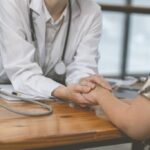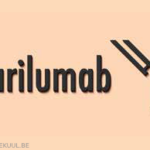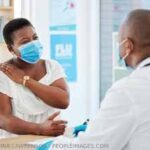“I think we learn from medicine everywhere that it is, at its heart, a human endeavor, requiring good science but also a limitless curiosity and interest in your fellow human being, and that the physician-patient relationship is key; all else follows from it.”1 These profound words from Abraham Verghese, MD, MACP, Linda R. Meier…








